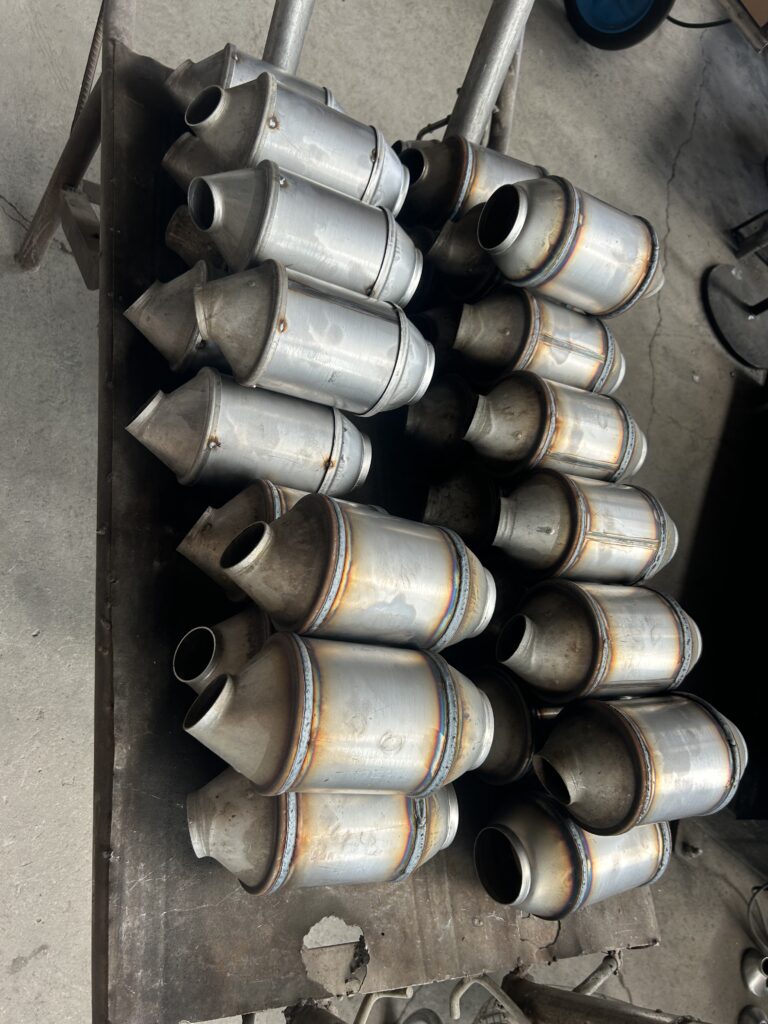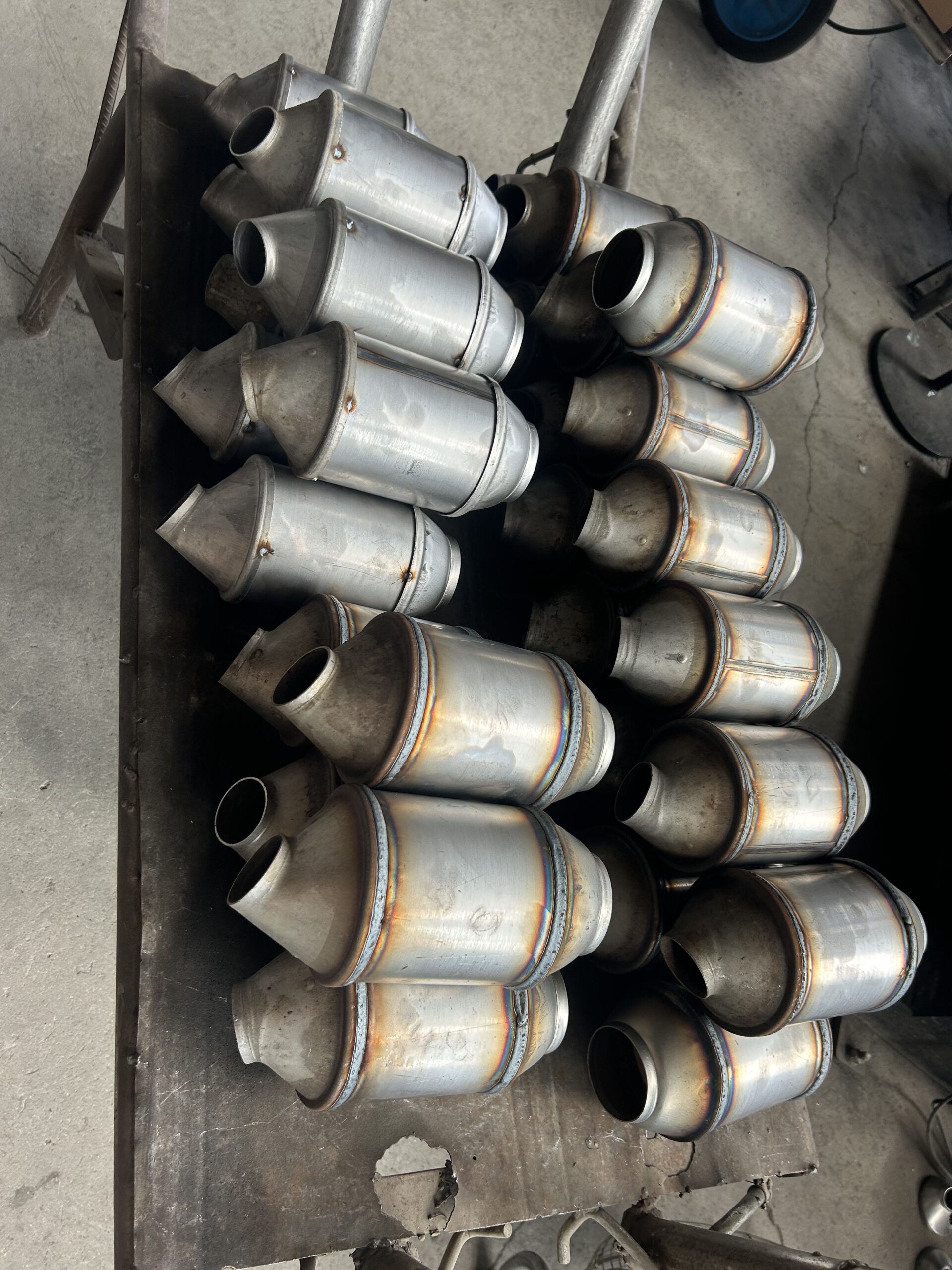Diesel cars are good for power and using less fuel. But their exhaust can let out tiny harmful bits. Diesel Particulate Filters fix this. They trap these bits, making exhaust cleaner. This is better for people and the world.
What do Diesel Particulate Filters do? They catch small soot and bits from diesel exhaust. These bits are bad for lungs and nature. The filter traps them. So only cleaner air comes out of the car.
How do they work? Exhaust flows through the filter as the car runs. The filter has small holes. Gas passes through, but bits get stuck. Over time, bits build up. Then the filter cleans itself. It burns off the trapped bits. This keeps it working.
Looking after Diesel Particulate Filters is key. If they get too blocked, the car may not run smoothly. It could use more fuel or show warning lights. Driving on highways often helps. The engine gets hot enough to clean the filter. For tough issues, try DPF cleaning and checks. If you need a new one, our good Diesel Particulate Filters last long.
There are different types of Diesel Particulate Filters. Big trucks use larger ones for more exhaust. Small cars use smaller ones. But all DPFs do the same main job: cut down harmful bits.
For more tips on diesel car care, visit this guide on diesel engine upkeep.
In short, Diesel Particulate Filters help diesel cars be better for the planet and work well. With simple care—like regular cleaning and checks—they’ll keep protecting air and keeping cars running smoothly.
Meta Description: Diesel Particulate Filters (DPFs) trap harmful bits from diesel car exhaust. Learn how they work, easy maintenance tips, and why they matter for clean air.


